Buy GHK-Cu
$198.99
Our high-purity GHK-Cu copper peptide is a research-grade formulation of the renowned biomimetic peptide, glycyl-L-histidyl-L-lysine-copper. With >99% purity, it is the gold standard for scientists investigating tissue regeneration, collagen synthesis, and the molecular basis of skin and hair follicle health. This foundational peptide provides the consistency and bioactivity required for groundbreaking studies in dermatology and cellular repair. For laboratory and research use only.
COAGHK (GHK-Cu) 200mg Copper Peptide (Twist Off Cap)Certificate
GHK Cu 200mg Copper Peptide is a powerful skincare ingredient that rejuvenates and repairs the skin at a cellular level. This naturally occurring peptide, composed of copper and the tripeptide GHK, is known for its anti-aging and skin regeneration properties. Copper peptides have been scientifically proven to promote collagen production, enhance skin elasticity, and reduce fine lines and wrinkles.
When applied topically, GHK Cu 200mg works by stimulating the production of growth factors and antioxidants, helping to repair damaged skin and improve overall texture. It also has anti-inflammatory properties, making it ideal for sensitive skin types, helping to calm and soothe irritation. As a result, this peptide promotes smoother, firmer, and more youthful-looking skin.
Whether you’re targeting signs of aging or looking to improve the texture and appearance of your skin, GHK Cu 200mg Copper Peptide is a highly effective solution for anyone looking to achieve healthier, glowing skin.
Key Benefits:
- Stimulates collagen production for firmer, smoother skin
- Reduces the appearance of fine lines and wrinkles
- Promotes skin regeneration and repair
- Enhances skin elasticity and texture
- Anti-inflammatory, soothing, and healing properties
Perfect for those seeking anti-aging solutions, GHK Cu 200mg Copper Peptide offers a scientifically-backed approach to skin rejuvenation.
GHK (GHK-Cu) 200mg Copper Peptide (Twist Off Cap)
GHK Cu, Copper Peptide, is a naturally occurring human tri-peptide. In plasma, the level of GHK Cu is about 200 ng/ml at age 20. By the age of 60, the level drops to 80 ng/ml. Scientific studies conducted in different research laboratories around the world have established that human tri-peptide GHK Cu possesses a plethora of biological actions including activation of wound healing, attraction of immune cells, antioxidant and anti-inflammatory effects, stimulation of collagen and glycosaminoglycan synthesis in skin fibroblasts and promotion of blood vessels growth. Recent studies indicate its important role in stem cell biology and anti-tumor defense. Since GHK-Cu plays an important role in skin biology, it is widely used in cosmetics as a reparative and anti-aging ingredient. The levels of GHK decrease as you age.
HPLC GHK (GHK-Cu) 200mg Copper Peptide (Twist Off Cap)Certificate

MS GHK (GHK-Cu) 200mg Copper Peptide (Twist Off Cap)Certificate

Our high-purity GHK-Cu copper peptide is a vital tool for researchers exploring the frontiers of regenerative medicine, dermatology, and cellular science. GHK-Cu is a naturally occurring tripeptide-copper complex found in human plasma, which has been shown to decline significantly with age. This correlation has made it a focal point of gerontological research, as scientists seek to understand its role as a master signaling molecule capable of orchestrating tissue repair and remodeling.
This product provides a pure, stable, and bioactive form of GHK-Cu, enabling precise and reproducible experiments. It is intended strictly for in-vitro and laboratory research applications, allowing scientists to uncover the complex mechanisms behind this fascinating and pleiotropic molecule.
The Regenerative Potential of Our High-Purity GHK-Cu Copper Peptide
The scientific interest in GHK-Cu stems from its remarkable ability to influence a wide array of biological processes, setting it apart from peptides with narrower functions. Our commitment to quality ensures that every batch of our high-purity GHK-Cu copper peptide delivers the reliability needed to study these complex effects.
A Pleiotropic Molecule: Gene Regulation Research
One of the most profound areas of GHK-Cu research is its ability to modulate gene expression. Studies have shown that GHK can influence the activity of thousands of human genes, essentially resetting gene expression patterns to a healthier, “younger” state. Researchers use GHK-Cu to investigate its potential to:
- Upregulate genes involved in antioxidant defense and tissue repair.
- Downregulate genes associated with inflammation and tissue destruction.
- Promote a cellular environment conducive to regeneration rather than degradation.
Application in Dermal and Wound Healing Research
The most well-documented application of GHK-Cu is in skin biology and wound repair. It is a cornerstone compound for dermatological research, used to study its effects on:
- Extracellular Matrix Synthesis: Investigating its powerful stimulation of collagen I, III, and IV, as well as elastin, proteoglycans, and glycosaminoglycans.
- Tissue Remodeling: Studying its role in removing damaged proteins (like scarred collagen) and replacing them with healthy tissue.
- Angiogenesis and Nerve Outgrowth: Researching its ability to promote the formation of new blood vessels and support nerve regeneration in wound models.
Antioxidant and Anti-inflammatory Pathways
Our high-purity GHK-Cu copper peptide is also an ideal tool for studying inflammation and oxidative stress. The copper component is essential for the antioxidant enzyme Superoxide Dismutase (SOD), and the peptide itself has been shown to:
- Reduce oxidative damage by neutralizing free radicals.
- Lower the expression of pro-inflammatory cytokines, such as TNF-alpha and IL-6, in cell cultures.
Uncompromising Quality for Scientific Discovery
The bioactivity of GHK-Cu is critically dependent on its purity and the correct 1:1 chelation of the GHK tripeptide with a copper (II) ion. We guarantee this through:
- High-Purity Synthesis: Synthesizing the glycyl-L-histidyl-L-lysine peptide to >99% purity.
- Precise Chelation: Complexing the peptide with high-purity copper chloride under controlled conditions to ensure proper formation.
- Rigorous Verification: Using HPLC and Mass Spectrometry to confirm the purity and identity of the final GHK-Cu complex.
- Optimal Stability: Lyophilizing the final product to create a stable powder with the characteristic blue color, ensuring a long shelf-life and consistent performance.
FAQs (Frequently Asked Questions)
What is GHK-Cu (Copper Peptide)?
GHK-Cu is a naturally occurring complex composed of the tripeptide glycyl-L-histidyl-L-lysine (GHK) chelated with a copper (II) ion. It is a signaling molecule extensively studied for its roles in wound healing, skin regeneration, and anti-inflammatory processes.
What makes your high-purity GHK-Cu copper peptide ideal for research?
Our product is guaranteed to have >99% purity and the correct 1:1 peptide-to-copper ratio, which is essential for its biological activity. It is lyophilized for maximum stability and is backed by a Certificate of Analysis (COA) verifying its quality, ensuring reproducible results for your research.
What are the main areas of research for GHK-Cu?
The primary research fields include dermatology (collagen synthesis, anti-aging), wound healing (tissue regeneration, angiogenesis), anti-inflammatory studies, antioxidant research, and, more recently, hair follicle health.
What is the appearance of this peptide?
In its lyophilized (powder) form and when reconstituted, our high-purity GHK-Cu copper peptide has a characteristic deep blue color. This color is indicative of the proper complexing of the peptide with the copper ion.
What are the storage and reconstitution protocols?
The lyophilized powder should be stored in a freezer at -20°C. It should be reconstituted with sterile, distilled water. Once in solution, it should be kept refrigerated at 2-8°C and used within the recommended timeframe to ensure stability.
Is this product approved for cosmetic or human use?
Absolutely not. This is a high-purity chemical intended strictly for laboratory and in-vitro research. It is not a finished cosmetic product and has not been approved for any human or veterinary application. Its use for personal care is unsafe and prohibited.
Be the first to review “Buy GHK-Cu” Cancel reply
Related products
Peptide
Peptide
Peptide
Peptide
Peptides
Peptide
Peptide
Peptide
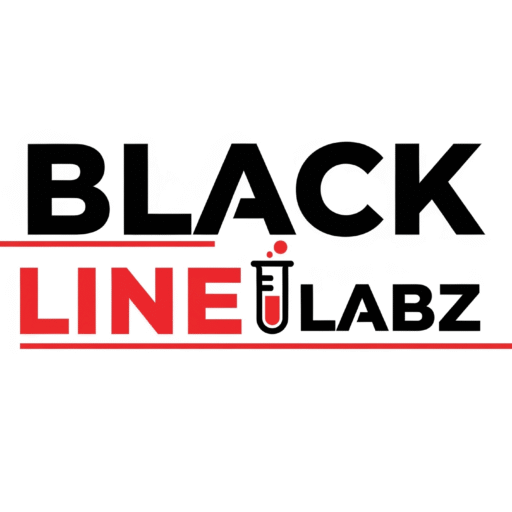
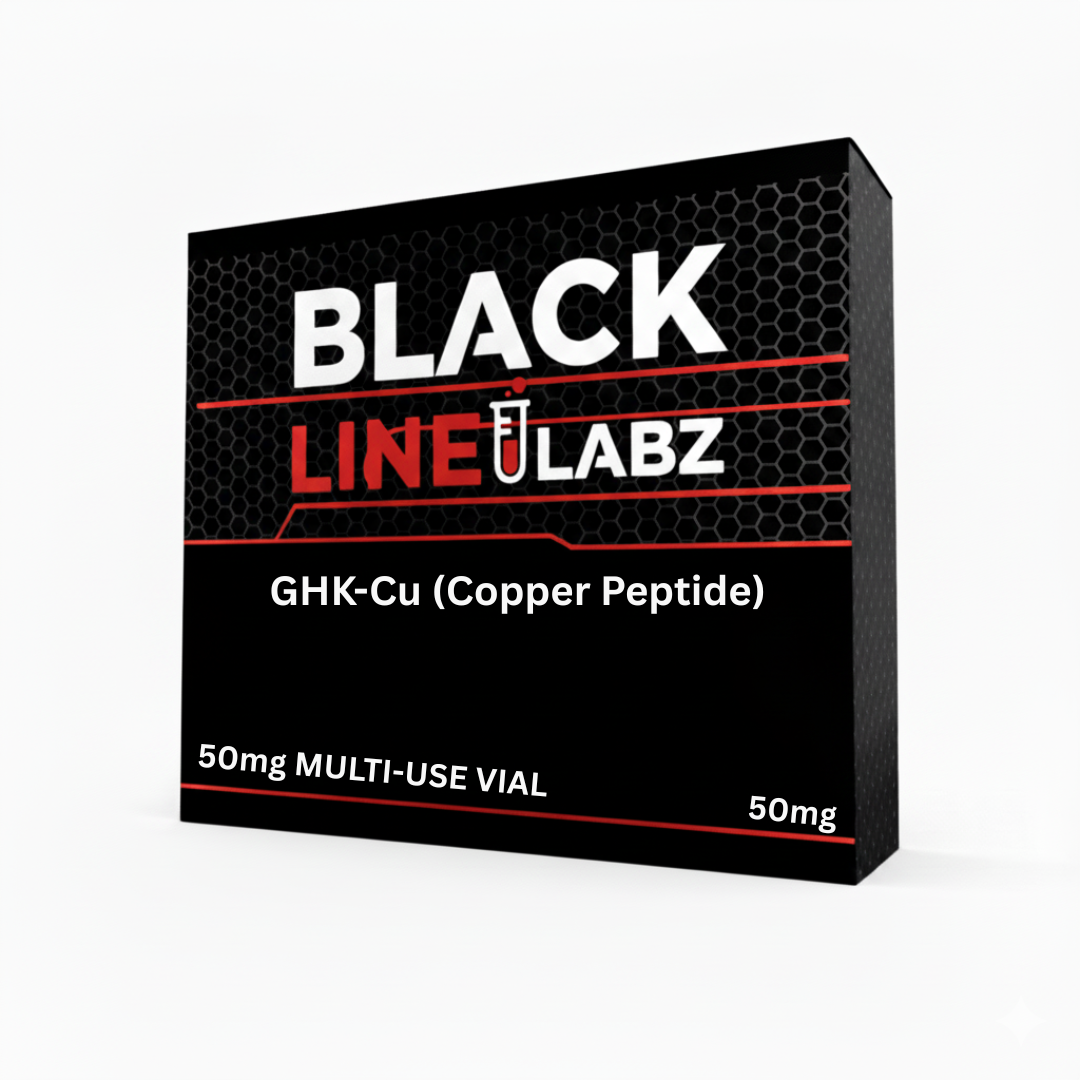
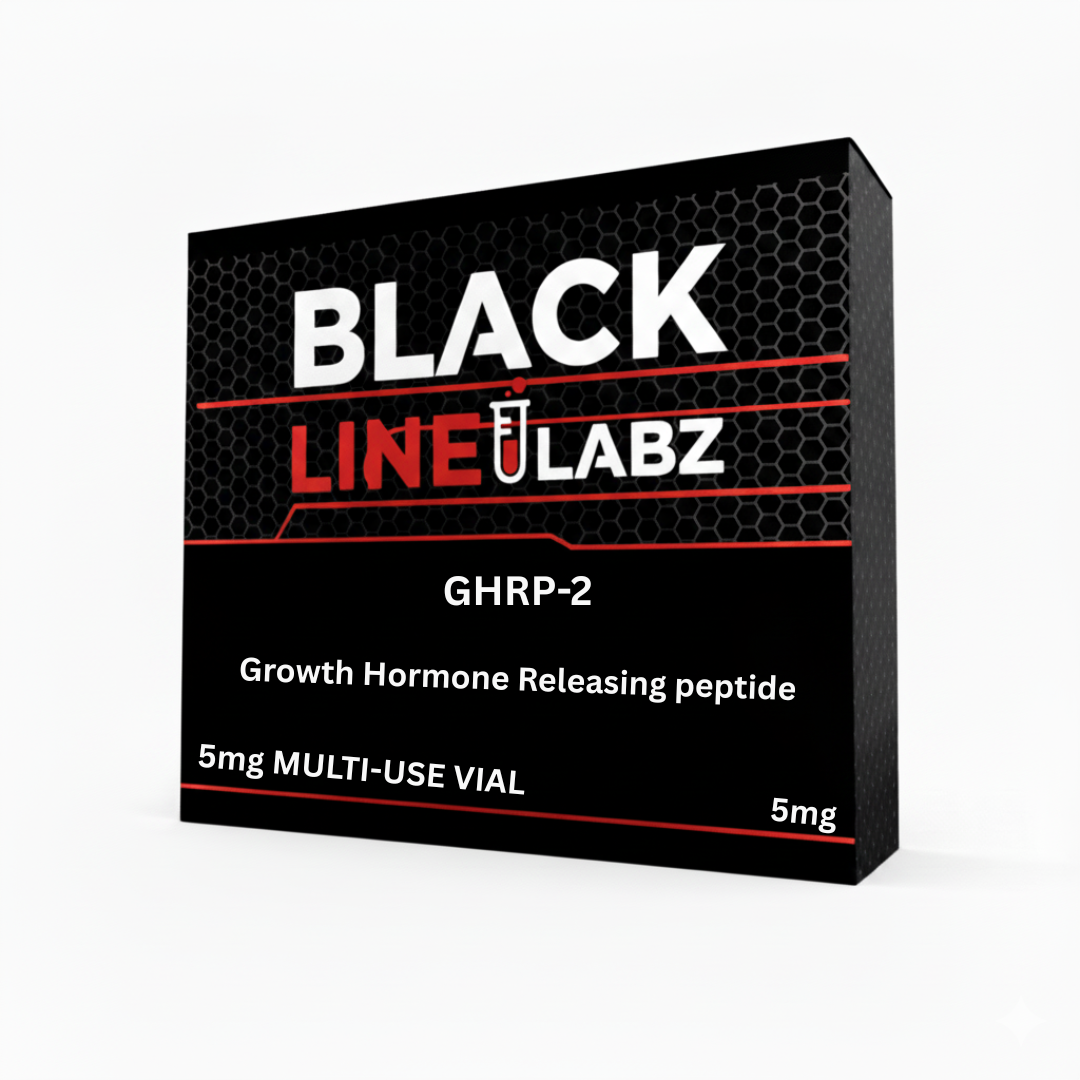
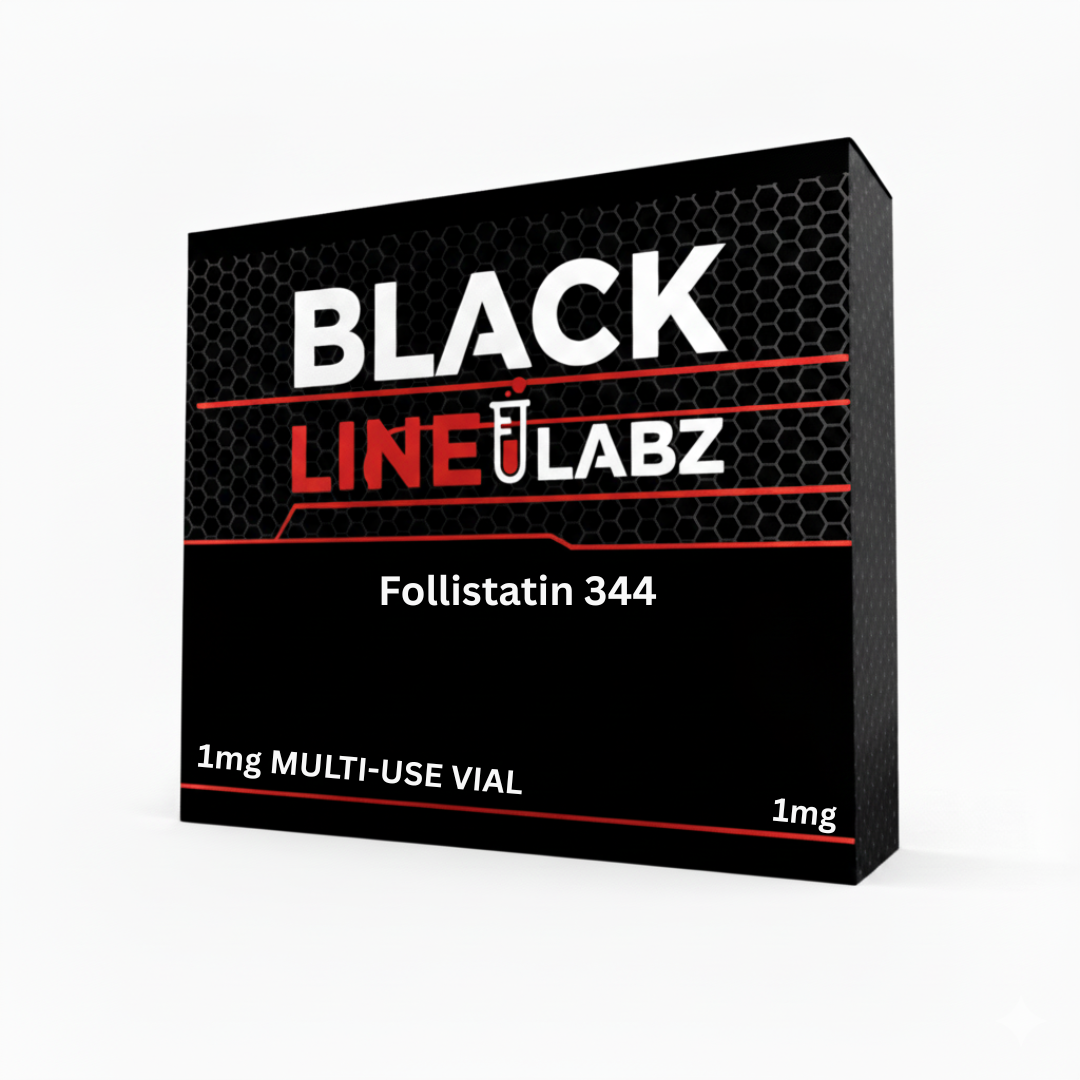

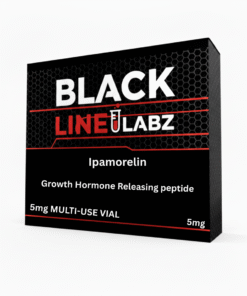
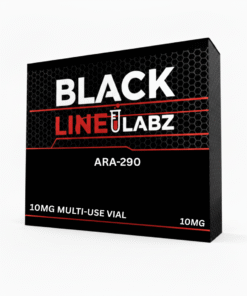
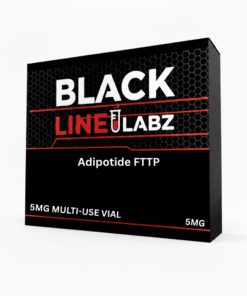
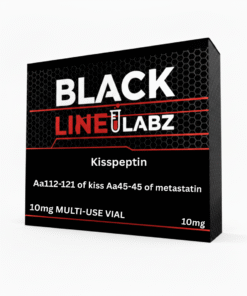
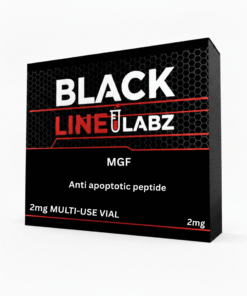
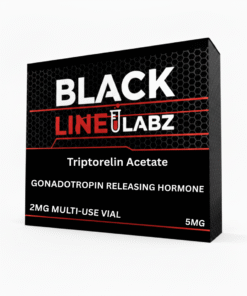
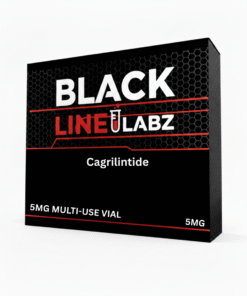
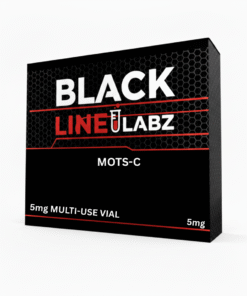
Reviews
There are no reviews yet.